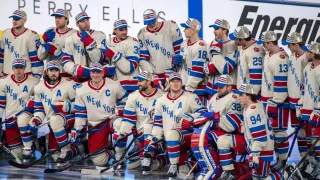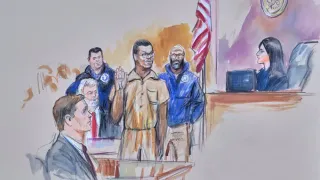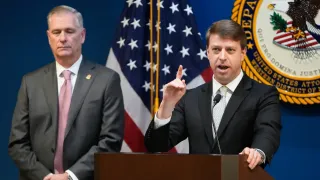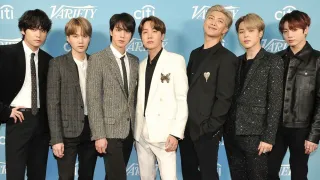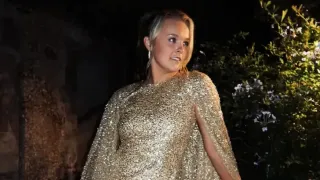March 18, 2021
Mexico Limits Nonessential Travel on Southern Border
READ TIME: 2 MIN.
Mexico announced restrictions Thursday on nonessential travel across its southern border with Guatemala and Belize "to prevent the spread of COVID-19."
The Foreign Relations Department did not explain why the measure was announced Thursday, more than a year after the start of the pandemic.
But the result could help the administration of U.S. President Joe Biden handle a wave of Central American migrants reaching the U.S. border and it came on the same day the U.S. confirmed it will send 2.5 million doses of the AstraZeneca coronavirus vaccine to Mexico.
Mexico and the United States long ago imposed similar restrictions on Mexico's northern border. But Mexico had previously been unwilling to impose them on the southern border or most flights entering Mexico.
The restrictions coincide with a huge uptick in the number of Central American migrants reaching the U.S border through Mexico. The number of migrants attempting to cross the U.S. border has been growing since April, with the 100,441 reported last month the highest level since March 2019.
The Foreign Relations Department said tourism and recreational travel would not be allowed across the southern border, but that the rule would not affect those seeking to cross for business, education or health care, and would not apply to people entering or leaving the country on valid visas.
As such, the measure would apparently bar migrants without visas from entering. The restrictions are to go into effect Friday.
"In addition, the Mexican government will implement health control measures in the north and south of the country," according to the department's Twitter account. It was not clear if those measures would include monitoring, health checks or testing points.
Mexico has registered over 195,000 COVID-19 deaths and almost 2.2 million infections, but the increase in case numbers has been declining in recent weeks.
In the United States, the Department of Homeland Security announced Thursday it is extending the restrictions on nonessential travel at land borders through April 21, a move that has become routine since the measures were implemented in early 2020.
"Informed by science and public health guidance, we will work with our counterparts to identify an approach to easing restrictions when conditions permit and with the protection of our citizens from COVID-19 at the forefront of our minds," according to the DHS.

